Beyond This Day Behavioral Health

Overview
Beyond This Day Behavioral Health is a mental health treatment center for people seeking treatment near Baltimore County. As part of their treatment modalities for recovery, Beyond This Day Behavioral Health provides group counseling, cognitive behavioral therapy, and dialectical behavior therapy during treatment. Beyond This Day Behavioral Health is located in Baltimore, Maryland, accepting cash or self-payment for treatment.
Beyond This Day Behavioral Health at a Glance
Payment Options
- Cash or self-payment
- Medicaid
- Medicare
- State-financed health insurance plan other than Medicaid
- State welfare or child and family services funds
Assessments
- Screening for tobacco use
- Comprehensive mental health assessment
- Comprehensive substance use assessment
Age Groups
- Young adults
- Adults
- Seniors
Ancillary Services
- Assertive community treatment
- Intensive case management
- Case management service
- Court-ordered outpatient treatment
- Diet and exercise counseling
Highlights About Beyond This Day Behavioral Health
6.65/10
With an overall rating of 6.65/10, this facility has following balanced range of services. Alcohol Rehabilitation: 8.00/10, Drug Rehab and Detox: 6.00/10, Insurance and Payments: 6.00/10, Treatment Options: 6.61/10.-
Alcohol Rehabilitation 8.00
-
Treatment Options 6.61
-
Drug Rehab and Detox 6.00
-
Insurance and Payments 6.00
Accreditations
Federally Qualified Health Center:
Federally Qualified Health Center (FQHC) accreditation is a process of evaluation and recognition by the federal government for community health centers that provide comprehensive and accessible healthcare services to underserved populations. FQHC accreditation is essential for centers to receive federal funding and to ensure that they meet standards for quality, patient-centered care.
Treatment At Beyond This Day Behavioral Health
Treatment Conditions
- Mental health treatment
- Alcoholism
- Substance use treatment
Care Levels
- Outpatient
Treatment Modalities
- Group counseling
- Cognitive behavioral therapy
- Dialectical behavior therapy
- Integrated Mental and Substance Use Disorder treatment
- Activity therapy
Ancillary Services
Special Programs
- Clients with co-occurring mental and substance use disorders
- Criminal justice (other than DUI/DWI)/Forensic clients
- Clients with HIV or AIDS
- Persons with post-traumatic stress disorder (PTSD)
Get Help Now
Common Questions About Beyond This Day Behavioral Health
Contact Information
Other Facilities in Baltimore

7.46
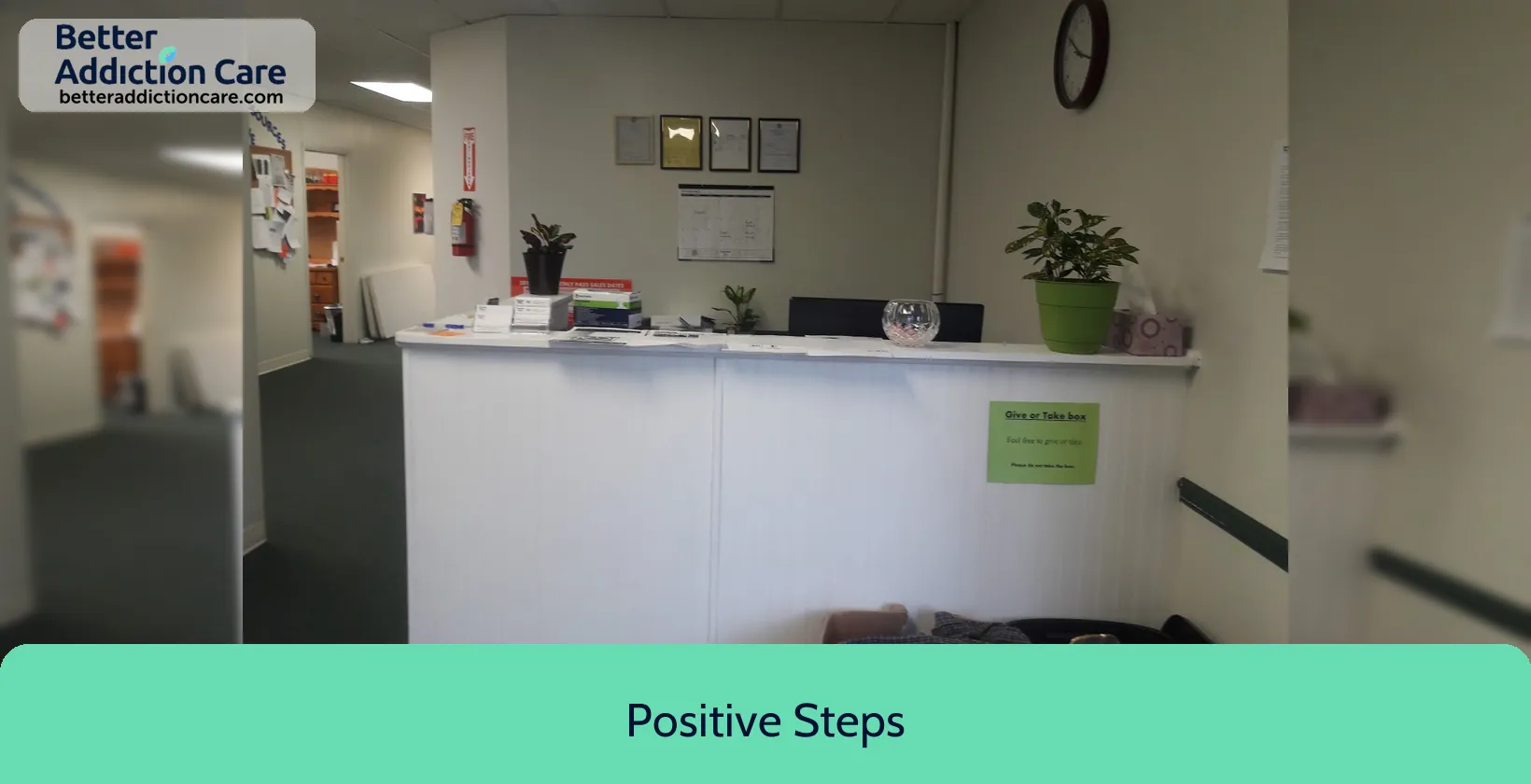
6.89
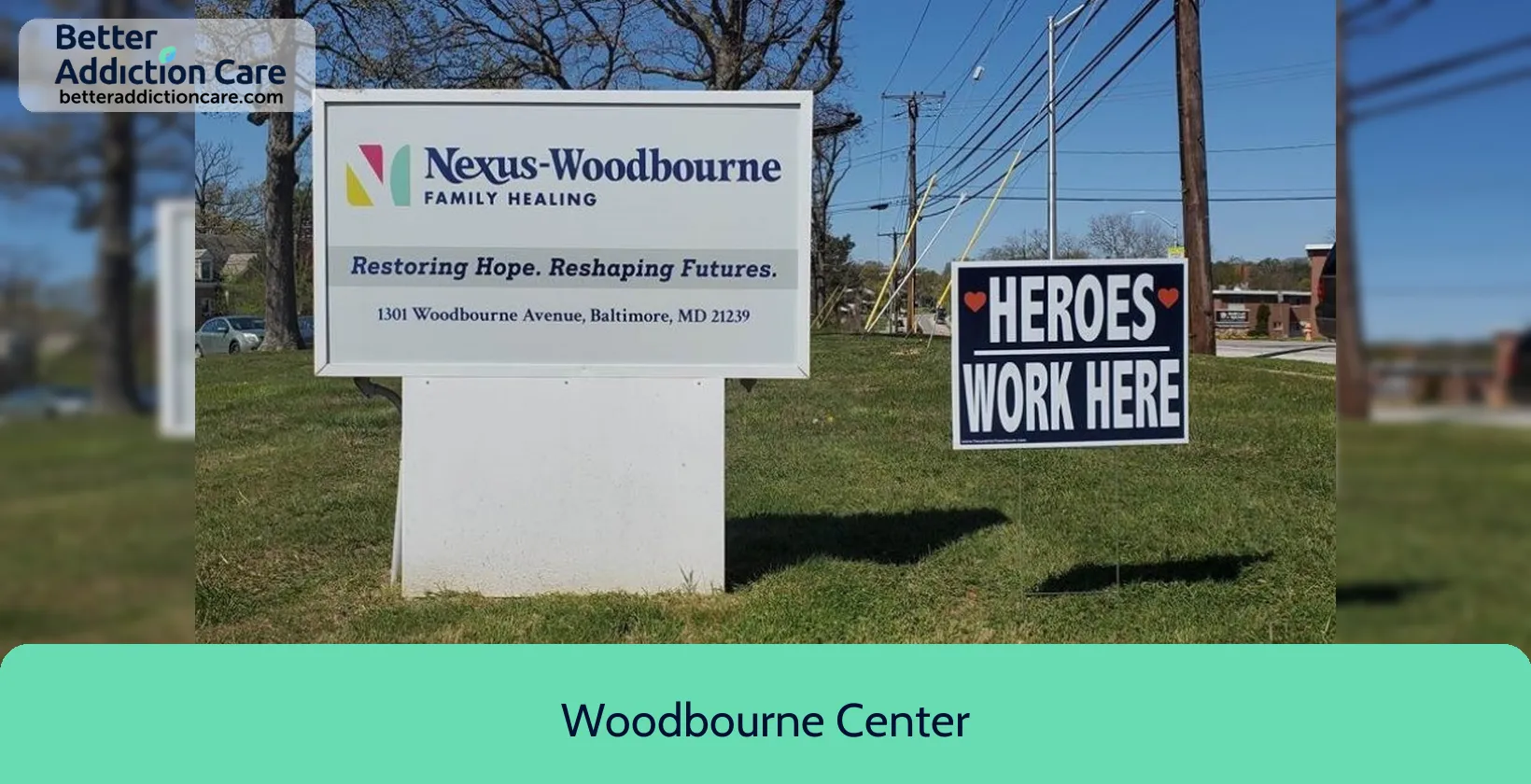
6.65
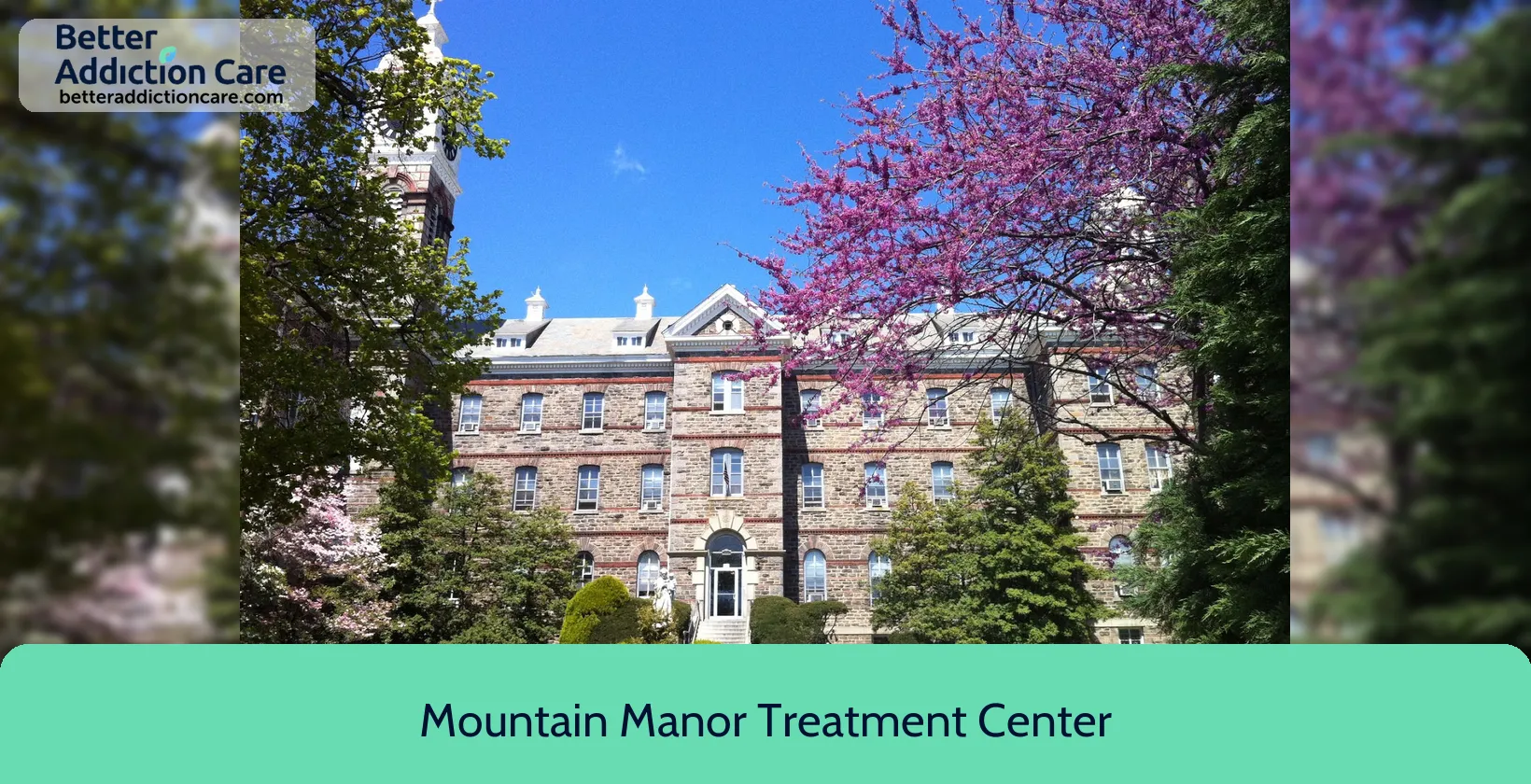
7.74
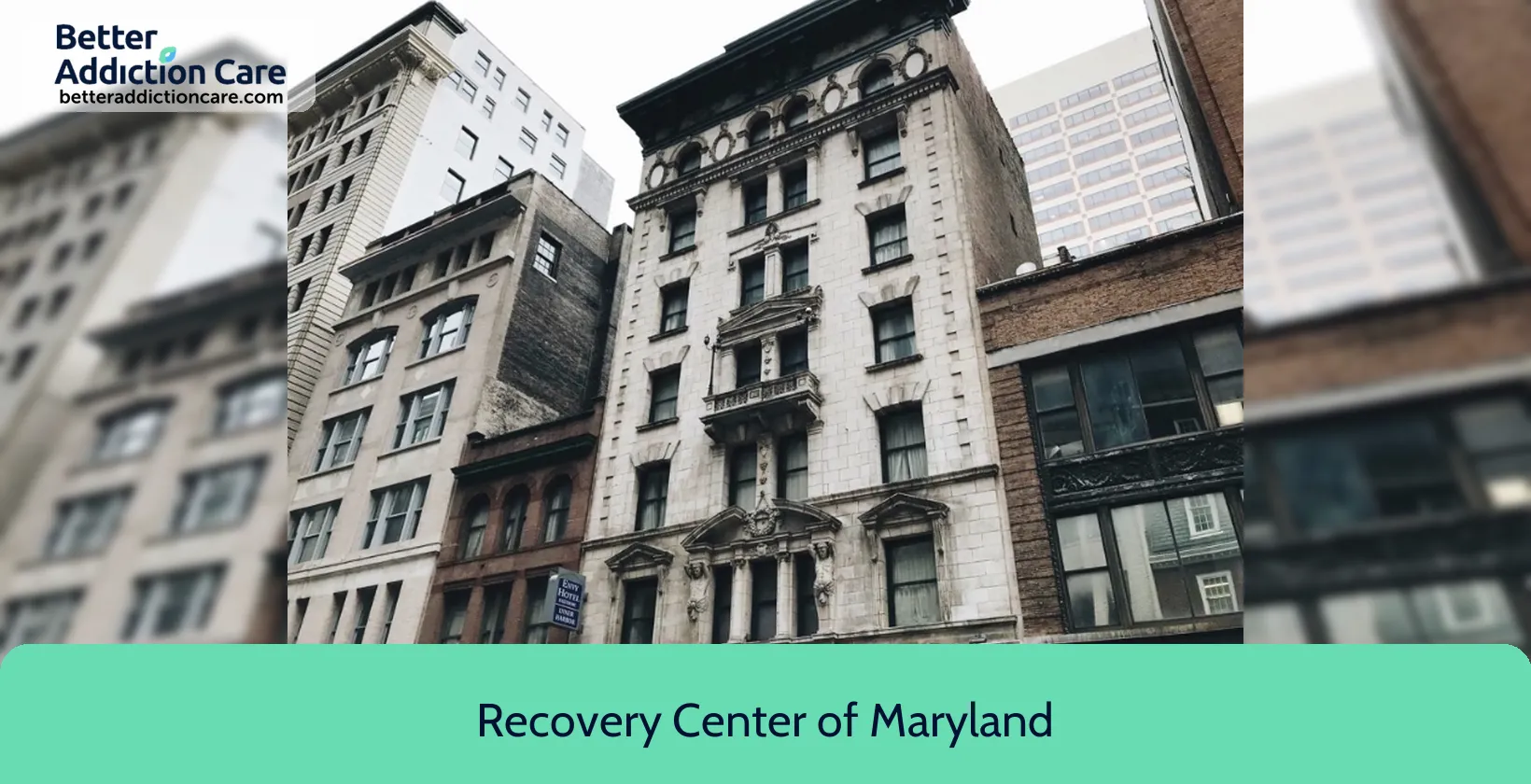
6.83

6.75
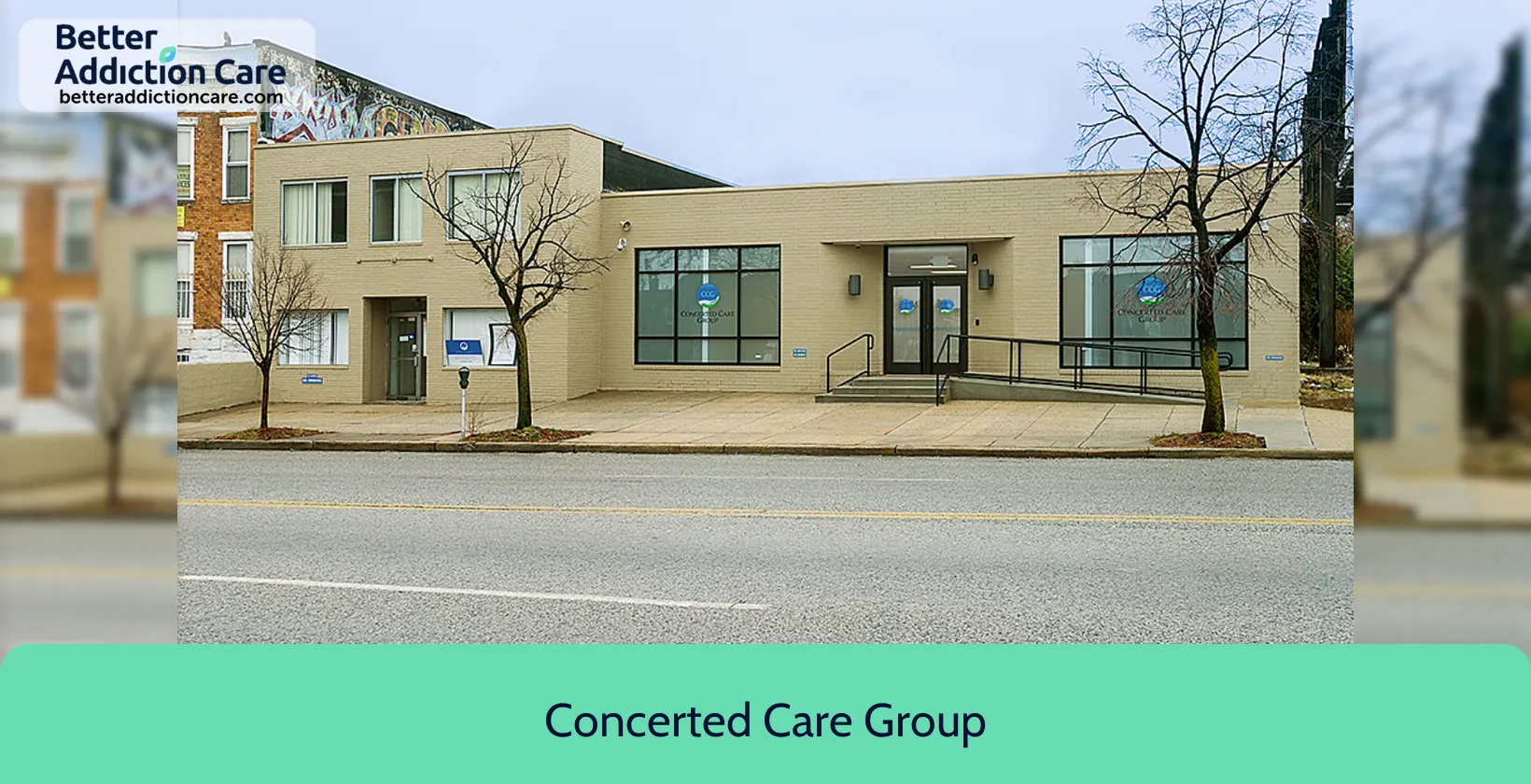
7.69
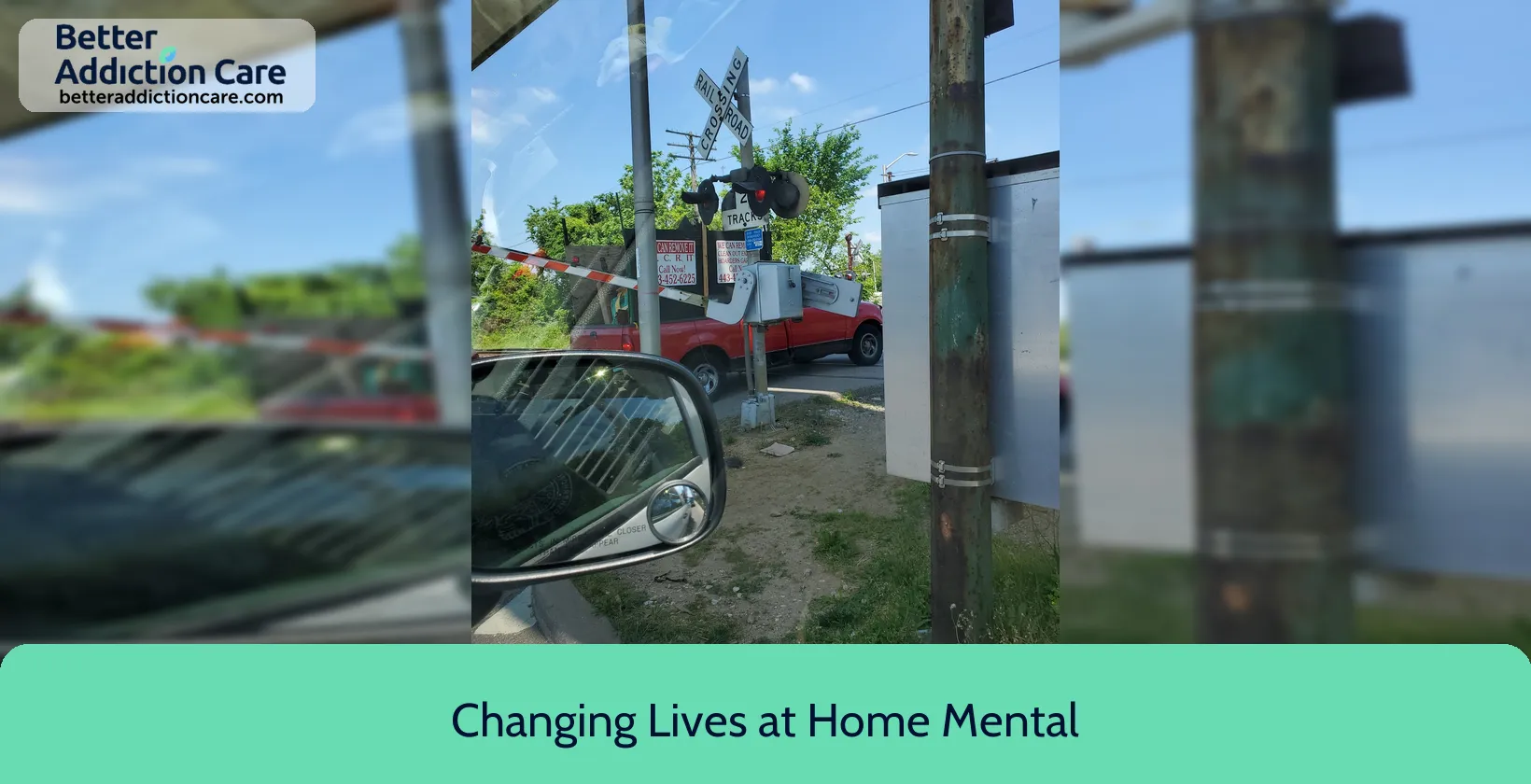
7.68
DISCLAIMER: The facility name, logo and brand are the property and registered trademarks of Changing Lives at Home Mental Health, and are being used for identification and informational purposes only. Use of these names, logos and brands shall not imply endorsement. BetterAddictionCare.com is not affiliated with or sponsored by Changing Lives at Home Mental Health.
